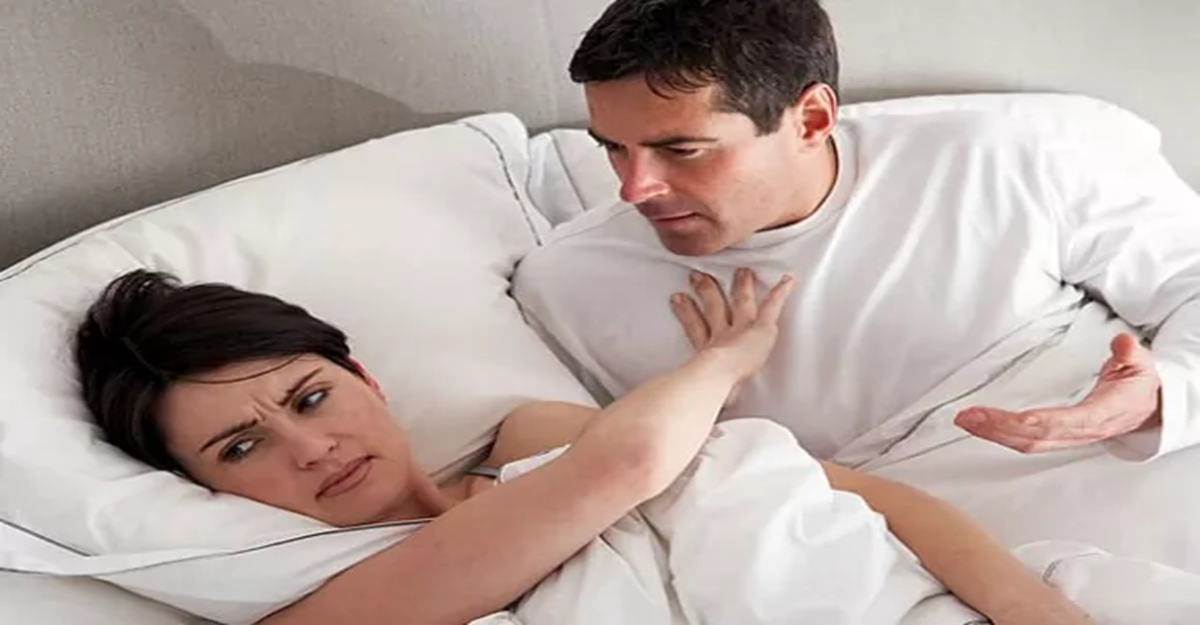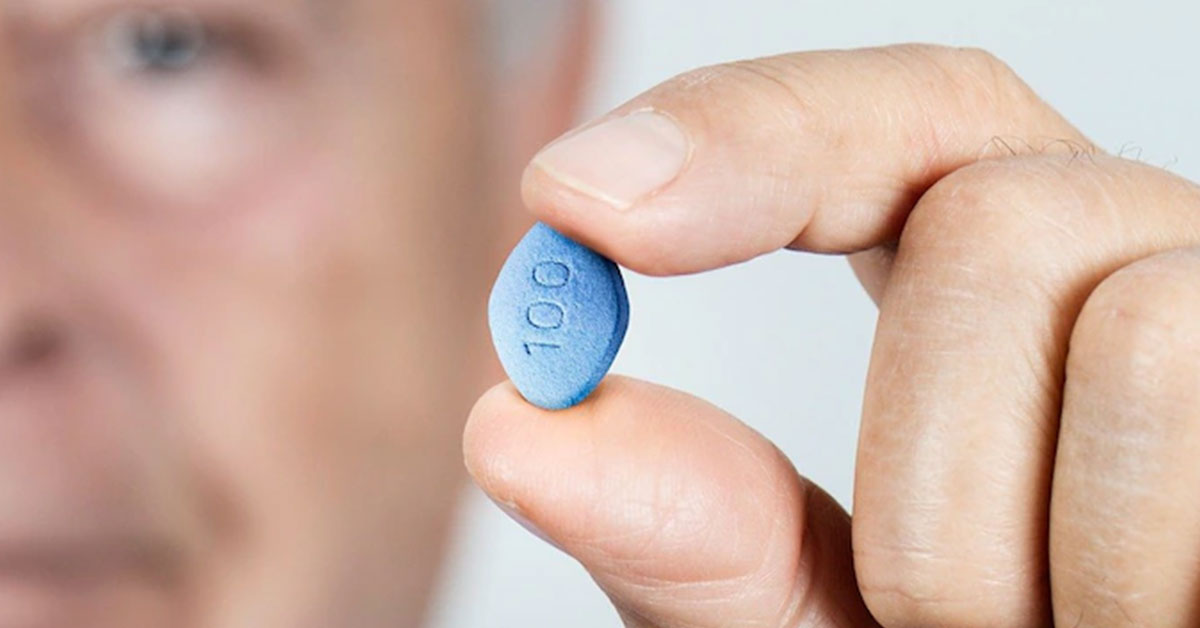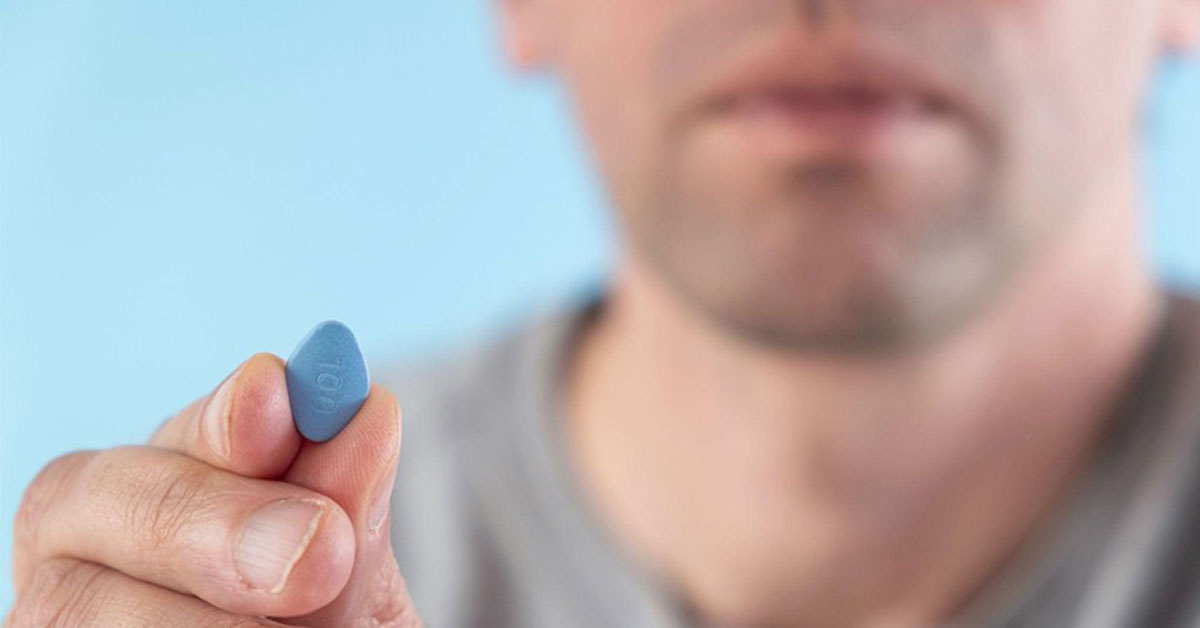Low sex drive, or reduced libido, is a concern that affects many men at different stages of their lives. While occasional fluctuations in libido are normal, prolonged or persistent issues can affect self-esteem, relationships, and overall quality of life. Understanding the causes and treatments of low sex drive is crucial for addressing this problem effectively.
In this article, we’ll explore the common causes of low libido in males and discuss potential treatments to help restore and maintain a healthy sex drive.
What is Low Libido?
Libido refers to an individual’s desire or interest in sexual activity. A decrease in libido can manifest as reduced interest in sex, difficulty in achieving sexual arousal, or a lack of sexual thoughts and fantasies. While libido levels naturally vary from person to person, a prolonged lack of sexual desire may indicate an underlying physical, psychological, or lifestyle-related issue.
Common Causes of Low Sex Drive in Males
Low libido can result from a variety of factors, which are often interrelated. Here are the most common causes:
1. Hormonal Imbalances
Testosterone is the primary hormone responsible for male libido. Low testosterone levels, also known as hypogonadism, can lead to reduced sex drive. Hormonal imbalances may occur due to aging, medical conditions, or lifestyle factors.
- Symptoms: Fatigue, reduced muscle mass, mood changes, and erectile dysfunction (ED).
- Causes: Aging (natural decline after 30), thyroid problems, or pituitary gland disorders.
2. Stress and Anxiety
High levels of stress can interfere with hormone production and focus, resulting in a diminished sex drive. Stressful work environments, financial difficulties, or relationship conflicts can all contribute to reduced libido.
- Symptoms: Lack of interest in intimacy, difficulty focusing, and mental exhaustion.
3. Mental Health Issues
Conditions such as depression, anxiety, and low self-esteem can suppress libido. Medications for these conditions, such as antidepressants, may further impact sexual desire.
- Symptoms: Feeling disconnected, low energy, and irritability.
4. Lifestyle Factors
Unhealthy habits, such as poor diet, lack of exercise, excessive alcohol consumption, smoking, and recreational drug use, can contribute to low libido. These factors negatively affect blood circulation, energy levels, and hormone production.
- Key contributors: Obesity, lack of sleep, and sedentary routines.
5. Chronic Illnesses and Medications
Medical conditions such as diabetes, high blood pressure, cardiovascular diseases, and chronic pain can reduce libido. Additionally, medications like beta-blockers, antihistamines, and anti-seizure drugs may interfere with sexual desire.
- Symptoms: Physical discomfort, reduced energy, and limited sexual stamina.
6. Relationship Issues
Emotional distance, unresolved conflicts, or a lack of communication with a partner can impact sexual interest. A strained relationship can make it difficult to feel connected and intimate.
- Common triggers: Infidelity, unmet emotional needs, and resentment.
7. Aging
As men age, their testosterone levels naturally decline, which may result in lower libido. Additionally, age-related health issues, reduced stamina, and changes in body image can contribute to a decrease in sexual interest.
Treatment Options for Low Sex Drive
The good news is that low libido is often treatable. The treatment depends on identifying and addressing the underlying cause. Here are some of the most effective solutions:
1. Hormone Therapy
If low testosterone levels are responsible for the issue, hormone replacement therapy (HRT) may be recommended. HRT involves testosterone injections, gels, or patches to restore hormone levels and boost libido.
- Consult a healthcare provider to assess hormone levels before starting treatment.
2. Stress Management Techniques
Managing stress is essential for improving libido. Incorporating relaxation techniques such as meditation, yoga, or deep breathing exercises can help.
- Tips: Maintain a healthy work-life balance and set aside time for leisure activities.
3. Therapy and Counseling
Psychological factors such as depression, anxiety, or relationship issues can be addressed through therapy. Cognitive-behavioral therapy (CBT) and couples counseling can be particularly helpful.
- Benefits: Better communication, improved self-esteem, and a stronger emotional connection with your partner.
4. Adopting a Healthy Lifestyle
Making lifestyle changes can have a significant impact on sexual health and libido. Focus on:
- Diet: Consume a balanced diet rich in vitamins, minerals, and antioxidants. Foods like spinach, nuts, and dark chocolate are known to boost libido.
- Exercise: Regular physical activity improves blood circulation, boosts energy levels, and reduces stress.
- Sleep: Aim for 7-8 hours of quality sleep each night.
5. Medications and Supplements
In some cases, medications such as Viagra or Cialis may be prescribed to address erectile dysfunction and improve sexual performance. Natural supplements like ginseng, maca root, and zinc are also believed to enhance libido.
- Always consult a doctor before taking any medication or supplement.
6. Addressing Medical Conditions
If chronic illnesses like diabetes or high blood pressure are affecting libido, managing these conditions can help. Work with a healthcare provider to develop an appropriate treatment plan.
7. Enhancing Relationship Dynamics
Open and honest communication with your partner is crucial for overcoming libido-related issues. Focus on rebuilding trust, intimacy, and emotional closeness.
- Tips: Schedule date nights, explore new experiences together, and express appreciation for your partner.
When to Seek Medical Help
If low libido persists for an extended period or significantly affects your quality of life, consult a healthcare professional. A doctor can conduct tests to identify any underlying medical conditions and recommend suitable treatments.
Preventing Low Libido
While not all causes of low libido can be prevented, adopting a proactive approach to overall health can help reduce the risk:
- Maintain a healthy weight and exercise regularly.
- Avoid excessive alcohol consumption and smoking.
- Manage stress through mindfulness techniques.
- Foster open communication in your relationships.
Conclusion
Low sex drive in males is a common issue with various potential causes, ranging from hormonal imbalances and lifestyle factors to psychological and medical conditions. By identifying the root cause and taking appropriate steps, it’s possible to restore and maintain a healthy libido. Whether through hormone therapy, lifestyle changes, or counseling, effective treatments are available to help men regain their sexual desire and confidence.
If you’re experiencing persistent low libido, don’t hesitate to seek professional guidance. Addressing the issue early can lead to a happier and more fulfilling intimate life.










